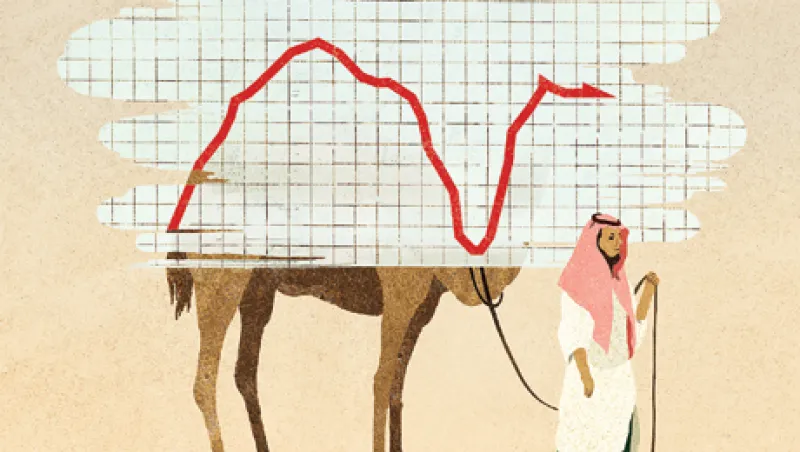
Speculation Grows About an Opening of the Saudi Tadawul
Hopes are on the rise again that Saudi Arabia may open its stock market to foreign investors. Here’s why it might really happen this time.
Orlando Crowcroft
April 24, 2013


